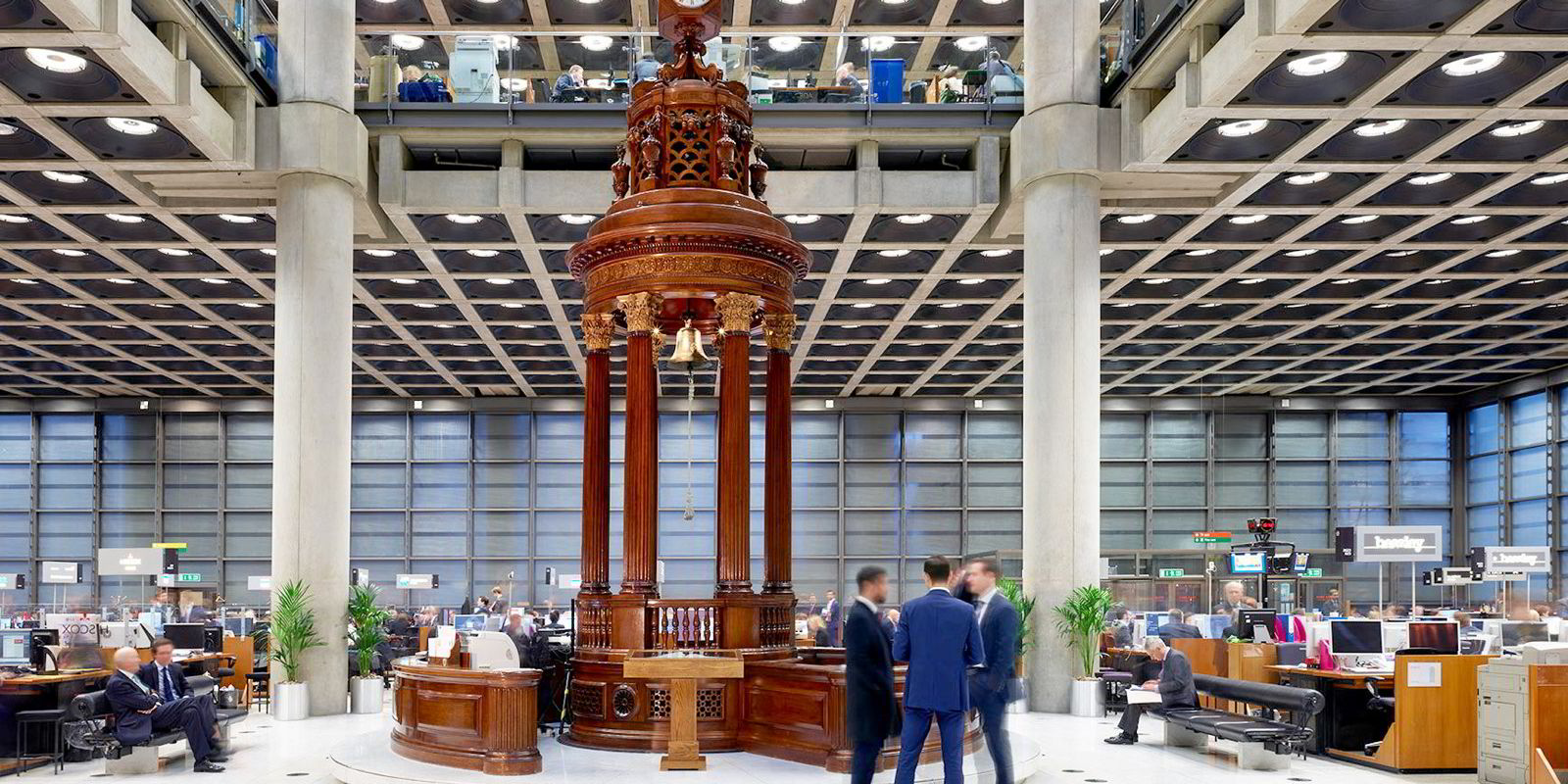A new high-risk area has been designated under shipping’s largest collective bargaining agreement (CBA) to reflect the increased risk to seafarer safety in the Southern Red Sea.
The new terms have been included in the International Bargaining Forum (IBF) CBA, which is agreed between employers and the International Transport Workers’ Federation (ITF) and covers roughly 9,200 ships.
From 22 December the IBF’s existing high-risk areas will be extended to include the Southern Red Sea and the Bab El-Mandeb strait where the attacks have most recently occurred.
Seafarers working on ships that have signed up to the IBF CBA — and are operating in the newly designated region — will be entitled to a bonus amounting to existing pay for the duration of time they are in the high-risk area and double compensation for death and injury.
Ships will also be required to raise their security level under the IMO’s International Ship and Port Facility Security Code (ISPS) to level 3.
“After the initial attacks on vessels by Houthi rebels on the western coast of Yemen in the Red Sea, it is important to assess the threat to seafarers and shipping and urge the respective governments to take action to ensure the safety of the seafarers and thereby global trade,” said chair Toshihito Inoue who chairs the employers’ Joint Negotiating Group.
“In addition, the social partners have a responsibility and JNG is confident that it has now introduced a designation, which properly addresses concerns by seafarers transiting the Red Sea,” he said.
Many of the leading ship management and liner companies have signed up to the the IBF CBA.
TradeWinds earlier reported how, in a similar move, the London insurance market’s Joint War Committee had expanded its own high-risk area to reflect the widening threat to shipping in and around the Red Sea.
The higher wage and war risk rates in the region are likely to persuade more ships to divert away from the Red Sea.
ITF Seafarers’ Section chair David Heindel said: “We welcome the decisions made by several companies to pause or reroute vessels to avoid the risk of attack and we are pleased that our partners have responded positively to our request to reflect the potential risks that exist for all seafarers transiting the Red Sea at this time.”





